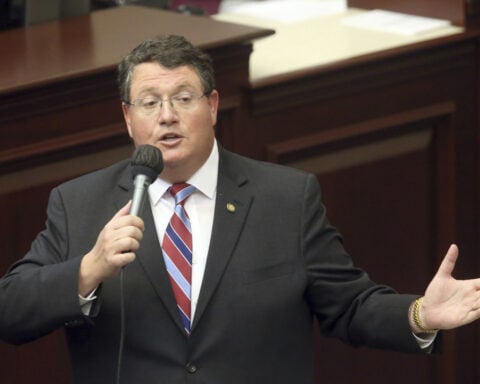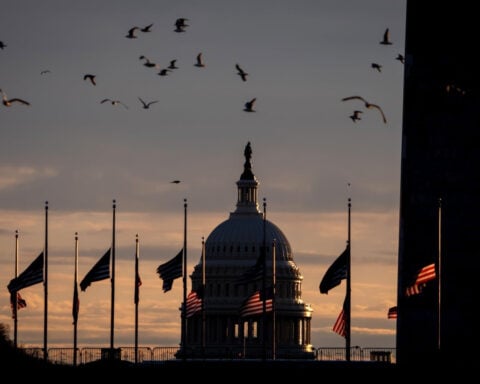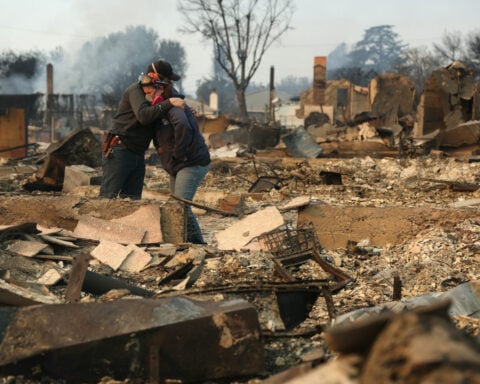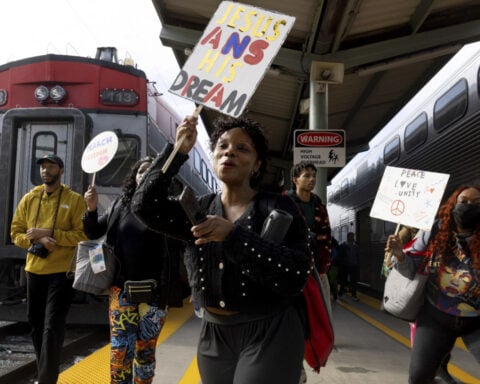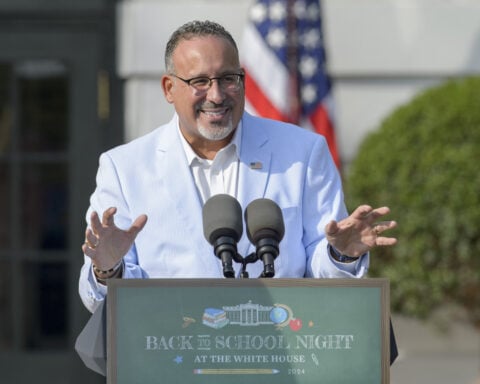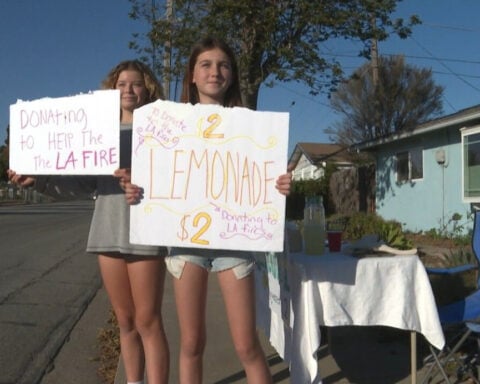Kansas faces the worst teacher shortfall in its history. The 4,000 teaching vacancies Florida faces as the new school year approaches “is more than the population of teachers in 19 of Florida’s smallest counties combined,” the state’s teachers union says. In Vermont, there are days when whole grades of students are sent home because there’s no teacher or sub available.
The teaching profession faces a morale – and staffing – crisis. A National Education Association survey of members found that, as of late 2022, a staggering 55% of educators were thinking of calling it quits.
This is a legacy of COVID-19. Teachers were already unhappy before the pandemic, but the public’s reaction to the education their kids got during that crisis continues to haunt the profession. A Brown University study found teachers’ job satisfaction in 2022 hovered near its lowest level since the 1970s.
As a researcher focused on education policy, along with my colleague Sara Dahill-Brown, we spent the pandemic researching how teachers felt as events unfolded. Between 2020 and 2022, we conducted 164 interviews with a total of 53 leaders of teachers unions and associations from 45 school districts in 14 states. They represented urban, suburban and rural districts and an array of partisan leanings.
The results, published in our new study in Teaching and Teacher Education, show how damaging the pandemic was for K-12 teachers. Thousands subsequently left the profession.
COVID-19 response erodes teachers’ sense of safety
Many teachers were already worried about security because of school shootings. With COVID-19, those fears were compounded by the public’s demand for a fast return to in-person class before public health officials deemed it safe and before money flowed to put best practices in place.
In the summer of 2020, most teacher leaders told us they were “terrified” and “scared to death” because there was “no established criteria or expectations. … It was just jump into the deep and do your best.”
Vaccines and other scientific developments eased that particular anxiety, but as recently as April 2023, nearly 4 in 10 teachers told researchers they were considering looking for another job because they didn’t feel safe at work.
An intense and unrelenting workload
Throughout the 2020-21 school year, parents balanced jobs with children sitting – or running and yelling – alongside them for “Zoom school.” Teachers found themselves with two jobs, thanks to hybrid models in which they taught in person for some students and via videoconference for others.
According to one respondent, they were “expected to teach students in person, but also deliver a meaningful education experience to those same students when they were at home.” Another shared that “teachers were working many, many, many more hours than they had ever put into a face-to-face environment,” clocking “12 to 16 hours a day and weekends” and providing feedback “until 10 o’clock at night.”
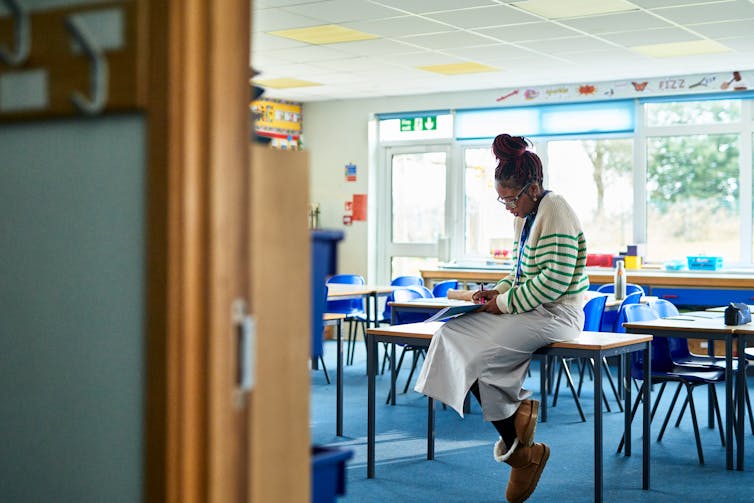
The result was exhaustion that one leader described as “June-tired in October.” And that was merely an unusual bump in their already intense workloads; teachers in nonpandemic times typically work 53 hours per week on average. That’s seven more hours than the average working adult.
Lackluster leadership and changing expectations
The pandemic also exacerbated festering dissatisfaction with school and district leadership. Teachers felt misled, ill-informed and unconsidered. They were rarely asked for input and forced to make radical changes to education, respondents told us.
Teachers wanted “consistency,” “straight answers” and to stop “switching on a dime,” they told us. Plans changed so frequently that one said “an email written on Monday” was “stale by Wednesday.” Another said administrators would say “the right things in public” to signal “compassion and care for teachers. But the actions are different. And it’s really taking a toll on teachers.”
One union leader told us: “You see parents’ comments on social media, there are a lot more of ‘You just need to shut up and get back to the classroom. You’re lazy. You’re not doing your job.’”
Another echoed this: “Historically educators have been an under-respected profession. But it’s much, much worse now. It’s not just that they’re disrespected, they’re villainized.”
Jobs and budget cuts raise new fears
The majority (68%) of study respondents were concerned from early in the pandemic about budgets or job security. Forty percent feared enrollment losses related to COVID-19 would make those worries worse. And many worried that “schools don’t have the budget to do all of the safety procedures that science tells us is necessary.”
All of this persisted even as Congress, in April 2020, set aside more than US$13 billion for K-12 emergency relief. By the end of 2020, then-President Donald Trump pledged $50 billion more to help schools reopen.
These funds did hold off catastrophic cuts, but researchers and policymakers both warned of a fiscal cliff facing districts if they didn’t prepare for the point at which that spigot would run dry. And, indeed, examples now abound of just that reality, as seen by mass job cuts in St. Paul, Minnesota, Houston and Ann Arbor, Michigan, among others.
With the worst of the pandemic behind us, resources are being reduced despite ongoing needs. This recipe – burned-out teachers quitting and some who chose to stay being fired – has the entire profession reeling.
Avenues for boosting morale
There are several ways to boost morale, but most require more investment, not less.
Teachers say they need better pay – to the tune of a minimum starting salary of $60,000 a year – along with stability in health and retirement benefits. The National Education Association says the average starting salary now is $44,530. The NEA is also advocating for better conditions for the paraprofessionals who assist them in the classrooms. And teachers want more say in what they teach.
Short of these changes, we don’t see school systems being able to stop the exodus of educators from the profession – and they will continue to lose their best and brightest as a result.

The authors do not work for, consult, own shares in or receive funding from any company or organization that would benefit from this article, and have disclosed no relevant affiliations beyond their academic appointment.
Source: The Conversation

 Italy, Albania, UAE sign deal for energy subsea interconnection
Italy, Albania, UAE sign deal for energy subsea interconnection
 European shares advance as bond yields ease; soft inflation powers UK stocks
European shares advance as bond yields ease; soft inflation powers UK stocks
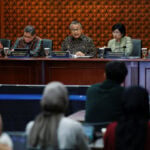 Bank Indonesia delivers surprise rate cut to support growth
Bank Indonesia delivers surprise rate cut to support growth
 Novak Djokovic breaks a tie with Roger Federer for the most Grand Slam matches in tennis history
Novak Djokovic breaks a tie with Roger Federer for the most Grand Slam matches in tennis history
 China's RedNote: what you need to know about the app TikTok users are flocking to
China's RedNote: what you need to know about the app TikTok users are flocking to
 British author Neil Gaiman denies ever engaging in non-consensual sex as more accusers come forward
British author Neil Gaiman denies ever engaging in non-consensual sex as more accusers come forward
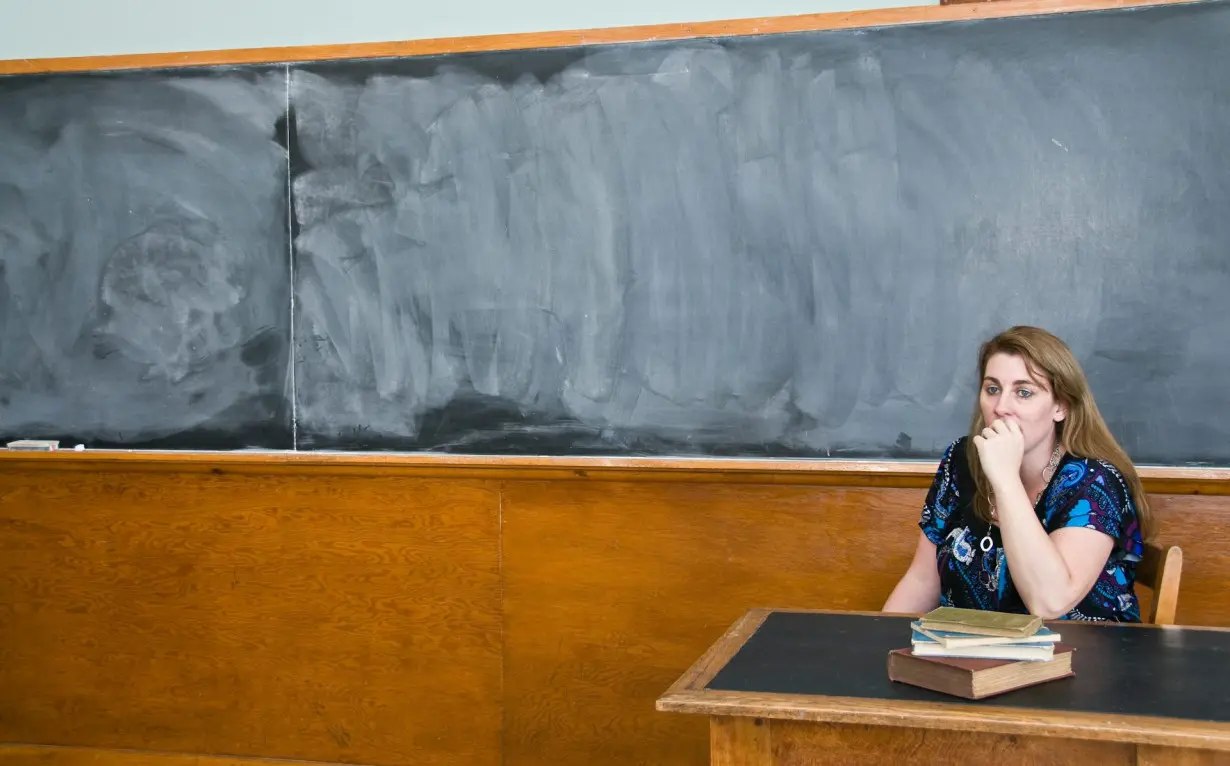 More than half of all teachers have thought about calling it quits.
More than half of all teachers have thought about calling it quits.
